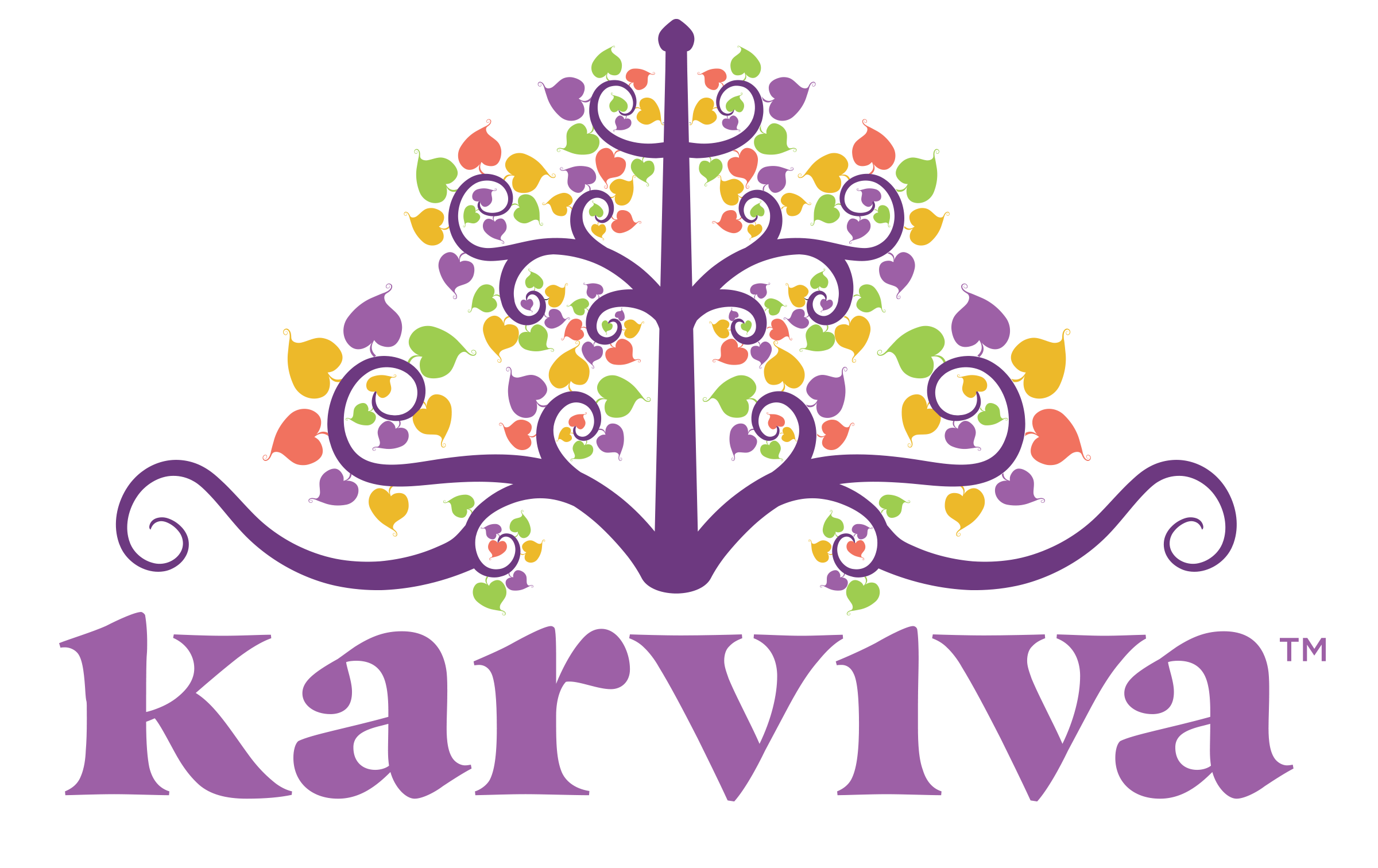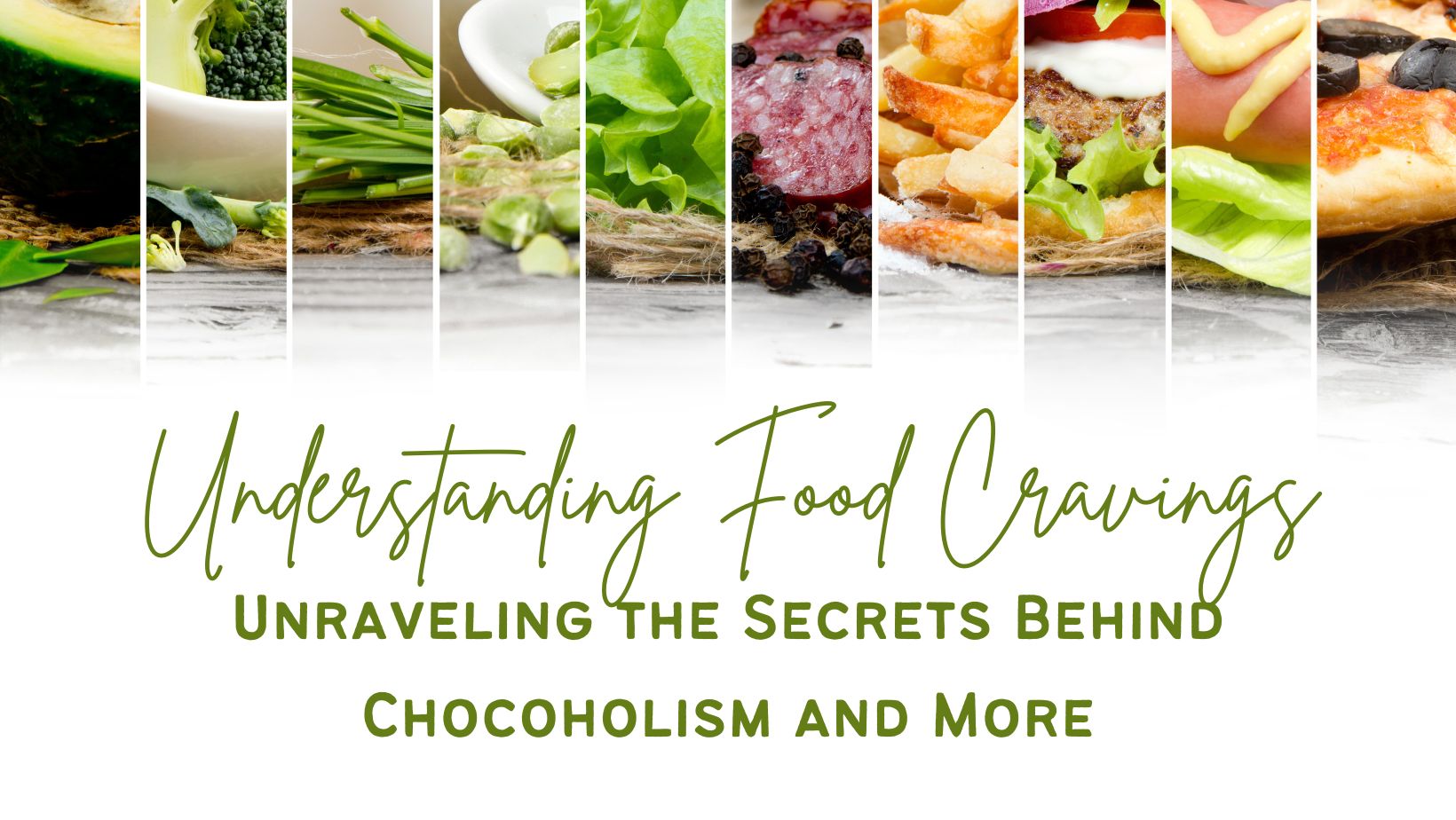Food cravings are a common experience that we all go through. One prevalent example is ‘chocoholism,’ an intense craving for chocolate and its derivatives. But did you know that cravings are linked to specific areas in the brain, much like drug addictions? In this blog, we’ll explore the fascinating world of food cravings, the science behind them, and how to gain control over them.
The Brain’s Role in Food Cravings:
The human brain plays a significant role in food cravings. When we look at pictures of food, areas like the caudate, insula, and hippocampus become stimulated, just like when a drug addict sees their drug of choice. These areas are associated with pleasure and memory, explaining why cravings can be so intense, bringing us immense pleasure and comfort.
Causes of Food Cravings:
Food cravings don’t have a single cause; instead, they can arise from various factors. Here are some reasons why you might experience food cravings:
- Serotonin Levels: Low serotonin levels are linked to feelings of sadness. Craving certain foods can boost serotonin levels, making you feel happier again.
- Endorphins: Consumption of carbohydrates and fats triggers the release of endorphins, providing a sense of well-being and relaxation during stressful times.
- Sugar and the Opioid System: The brain’s opioid system loves to interact with sugar, leading to the release of hormones that make you feel happy and relaxed.
- Nutrient Deficiencies: Sometimes, the cravings may indicate a lack of specific nutrients. For instance, craving chocolate during menstruation might signal a need for more iron intake.
- Hormonal Influences: Pregnant women may experience these specific cravings related to hormonal changes, while specific cravings can indicate a need for certain nutrients.
- Stress: Under stress, your body may crave food to release hormones that promote relaxation and happiness.
- Blood Sugar Levels: Waiting too long between meals can cause blood sugar to drop, leading to cravings for quick sources of glucose.

Taming Food Cravings:
If you want to gain control over your food cravings, here are some strategies to help you:
- Mental Resilience: Convince yourself that you can overcome your cravings and be aware of the consequences of giving in.
- Manage Stress: Find alternative ways to relieve stress, such as exercise, yoga, or pampering yourself.
- Moderation: If you can’t resist a craving, opt for smaller portions or healthier alternatives.
- Avoid Temptations: Reduce exposure to visual cues that trigger cravings, like watching cooking shows featuring your favorite foods.
- Embrace Healthy Fats and Fiber: Incorporate foods rich in healthy fats and fiber to keep blood sugar levels stable and reduce sugar cravings.
Conclusion:
Food cravings are complex, and their causes vary from person to person. Understanding the underlying factors behind your cravings can help you manage them effectively. Whether it’s by recognizing hormonal influences, addressing nutrient deficiencies, or finding healthier ways to cope with stress, you can take charge of your cravings and make better choices for your well-being.




